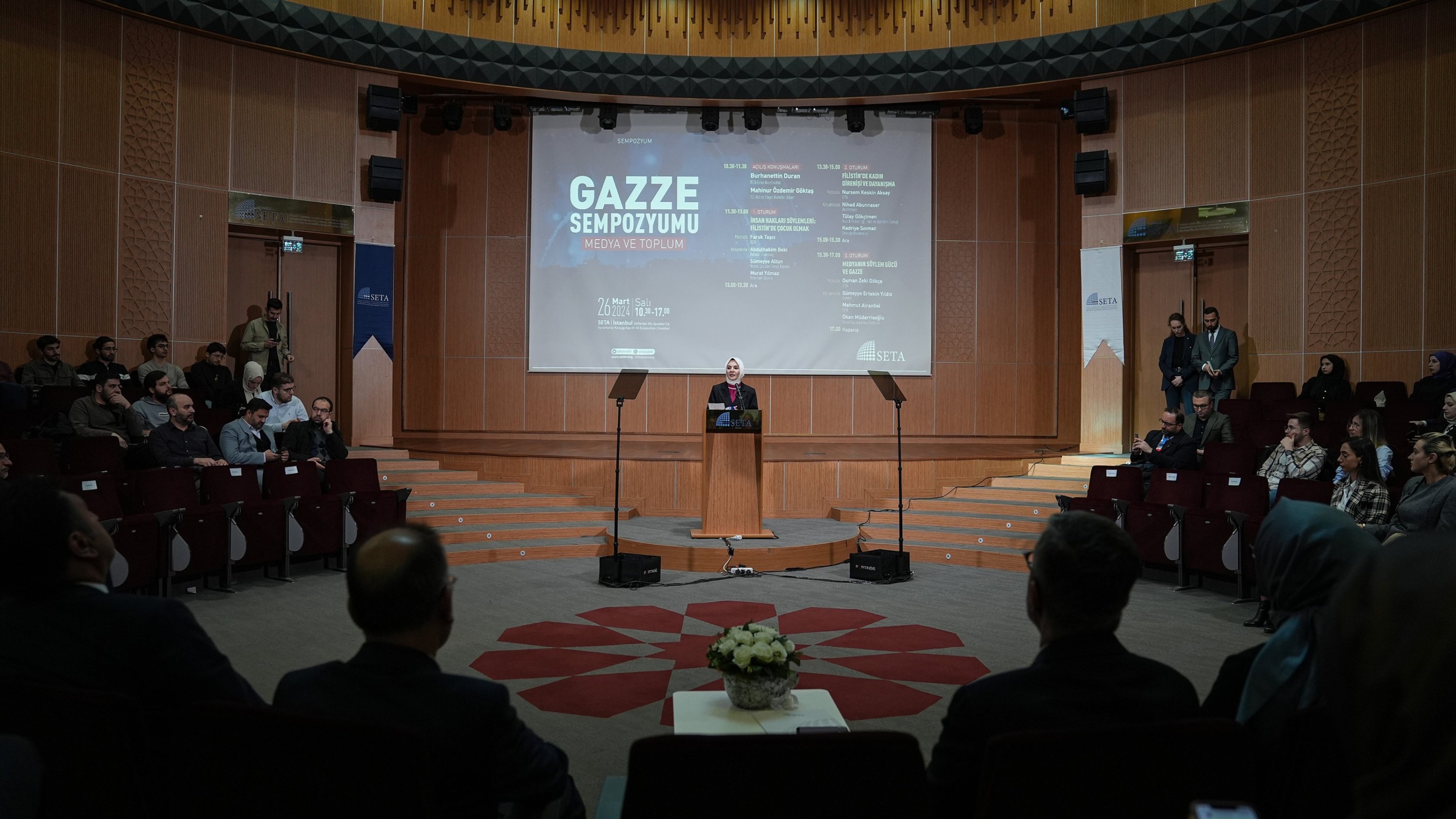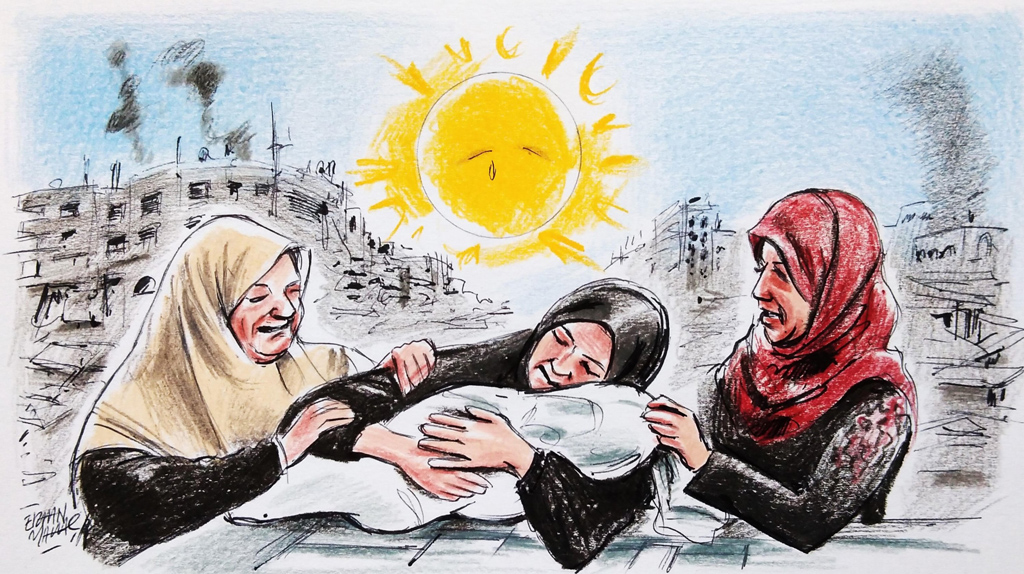When it took place almost eight years ago many considered Breivik's terror attacks an isolated incident. However, since then these forms of attacks, increased use of anti-Muslim and anti-immigrant discourse demonstrated that it was more of a transnational movement that has to be taken seriously by societies and law enforcement officials. In the eight years since then, we saw in different instances the expression of similar hate discourse in different countries. The increasing use of similar expressions for people from different religious groups and immigrants in some countries did not wake society up on the potential violent repercussions of the discourses that they use. The "Muslim invasion" of Europe, one of the key notions of Breivik's writings is frequently used by different groups from different parts of the world.
In this eight-year period, many have raised the threat of anti-Muslim hatred but somehow it has not been given enough thought on how to take steps to stop the spread of these ideas. This attack demonstrated that it is a more dangerous and destabilizing threat than many have assumed. The discourse against Muslims is leading to policies that discriminate against Muslims in some countries today. These policies and the increasing intensity of this discourse may lead to the further radicalization and spread of extremist ideology among existing far-right groups. It is true that in similar types of attacks in the last eight years the Christchurch attacker was the only person that establishes a direct link with Breivik, however, we still do not know how many other potential lone wolf or wolf packs exist today.
As the details about the attacker will be revealed we will learn more about the thinking and actions of this extremist ideology. These revelations should also be a wake-up call for the international community about the potential dangers of similar radicalization and anti-Muslim hatred and should start a process of launching initiatives to prevent it.
[Daily Sabah, 19 March 2019]








